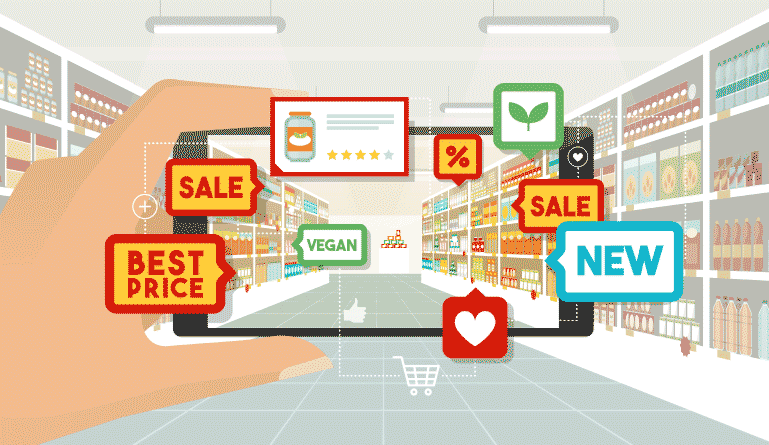Estimates, reported by DCI, are that the global market for mobile application technology will exceed $6.3 trillion by 2021. There are already millions of mobile apps and tens of millions more are coming. It seems like there is almost an app for everything. Have software developers run out of great ideas for the next “killer” app? Not even close.
Blockchain, 5G, and IoT — OMG!
Mobile application technology is now evolving rapidly by the disruptive upgrades possible by using blockchain technology and the global expansion of 5G mobile networks.
The possibilities are mind-boggling with faster transmission speeds, more security, and micro-transactions with cryptocurrencies. Computational processing pushes out to the network’s edges by connecting the Internet of people with the Internet of Things (IoT).
Importance of Blockchain Technology
Blockchain technology started as open source with Bitcoin. Open source development continues to make advancements with hyperledger projects sponsored by the Linux Foundation. Mobile market app developers are rushing to integrate blockchain technology into their program designs to capture their share of these exciting trends.
What is Cryptography in Blockchain?
The encryption used in blockchain technology is what makes it so resistant to unauthorized use. The concept works with encryption key-pairs. For each key-pair, there is a public key and a private key. To unlock the data, a person needs to have both keys.
Using AES 256 encryption requires each key to consist of 64 characters. That means to unlock the encryption requires the set of two different strings of 64 characters. Compare this to typical passwords of around eight characters and then it is easy to understand the difference.
Even with the world’s most powerful computers, using the “brute force” method, it takes too long to guess the correct sequence of 126 characters.
On top of using advanced encryption, blockchain technology makes a permanent record of the transactions ordered in sequence to make a block of data. Blocks added to the chain are in the order of their validation.
The creation and distribution of the blockchains happen on a peer-to-peer network basis. Each block in the chain links to the next one by a code in sequence. Identical copies of the blockchains scatter across the network so that anyone who wants to validate the blockchains has access to them. For example, every Bitcoin transaction since its inception is part of a permanent blockchain that goes back to the first one.
This cryptography and distributed security are what makes blockchains nearly impossible to hack/manipulate. This makes the technology so valuable for all kinds of purposes.
Blockchain Technology for a Mobile Market App
Mobile wallets of cryptocurrencies are already transforming mobile e-commerce. The best place to see this is the convenience and utility of making an “in-app” purchase while using a mobile app.
A Bank Card Substitute with More Security
It is annoying to have to enter credit or debit card data to make these micro-transactions. This is also a major security risk. Bank card fraud causes losses in the many billions of dollars each year.
Conducting transactions using cryptocurrencies, which have encryption protection is vastly superior because there is no need for the transmission of bank card data over a network.
Moreover, many people who might make these purchases do not have a bank card or a bank account such as teenagers or those who are “unbanked” in many countries. An emerging financial market trend is a mobile market app substitutes for all financial transactions made by these people.
Micro-Transactions
Purchases made with cryptocurrencies stored on the mobile device itself can be any transaction size, even very tiny. With some advanced systems, the transaction fees are minimal. Individuals can load a mobile device with cryptocurrencies in the same variety of ways as they pay for mobile phone airtime.
Custom Loyalty Programs and Incentives
Marketers using cryptocurrencies as incentives may offer them to users in order to encourage certain behaviors and make a mobile app “stickier” with longer use time and more logons.
Digital Identification
One excellent use of a blockchain is to make a permanent record of people to use for identification purposes. Artificial intelligence software, using facial recognition and other biometrics, vastly improves the certain identification of individuals with real-time verification of the information stored in a permanent blockchain record. In this way, a mobile device becomes very useful for identification purposes.
We have barely scratched the surface of what is possible using blockchain technology combined with mobile apps. Any mobile market app developers who are not incorporating blockchain technology in their designs are missing a mega-trend of M-commerce features that companies are looking for, which is likely to create the next unicorns (companies with a market cap over $1 trillion).
Start your exploration, if you have not already, by following the progress of the hyperledger open source group projects.





